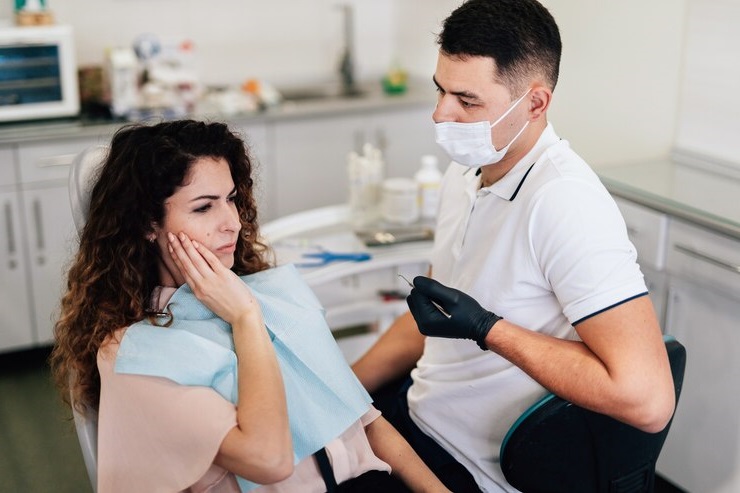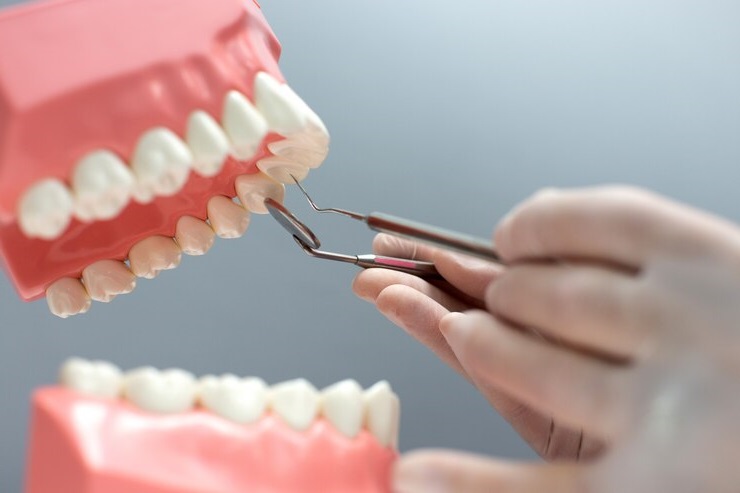
When it comes to maintaining a healthy mouth, oral probiotics have gained a lot of attention. These beneficial bacteria are touted for their ability to balance the oral microbiome, reduce bad breath, and improve overall dental health. But like any supplement, there are potential side effects to consider. So, let’s delve into what the side effects of oral probiotics might be and how they can impact your daily routine.
Understanding Oral Probiotics
Oral probiotics are live bacteria that are specifically designed to support the health of your mouth. Unlike probiotics that target your gut, these strains are meant to colonize your mouth, outcompeting harmful bacteria and promoting a balanced oral environment. By introducing beneficial bacteria into your mouth, oral probiotics can help reduce cavities, gum disease, and even bad breath.
How Oral Probiotics Work
When you take oral probiotics, they begin to populate your mouth, particularly on your tongue, gums, and teeth. These good bacteria compete with harmful bacteria for resources and space, effectively reducing the number of bad bacteria. This process can lead to improved oral health, fresher breath, and a lower risk of dental issues. However, it’s important to understand the potential side effects that can come with using oral probiotics.
Common Side Effects
Just like any supplement, oral probiotics can cause side effects in some individuals. These side effects are generally mild and temporary, but they can still be uncomfortable. Some of the most common side effects of oral probiotics include:
- Digestive Issues: While oral probiotics are designed for your mouth, they can also affect your digestive system. Some people might experience mild bloating, gas, or an upset stomach when they first start taking them.
- Allergic Reactions: Although rare, some individuals might be allergic to certain strains of oral probiotics. Symptoms of an allergic reaction can include itching, rash, and swelling.
- Changes in Taste: Introducing new bacteria into your mouth can sometimes alter your sense of taste. This change is usually temporary and should resolve as your body adjusts to the probiotics.
Managing Side Effects
If you experience any side effects from taking oral probiotics, there are steps you can take to manage them effectively. Here are some tips:
- Start Slowly: If you’re new to oral probiotics, start with a lower dose and gradually increase it. This can help your body adjust without causing too much discomfort.
- Stay Hydrated: Drinking plenty of water can help alleviate digestive issues and keep your mouth feeling fresh.
- Monitor Your Symptoms: Keep track of any side effects you experience and discuss them with your healthcare provider if they persist or worsen.
Potential Long-Term Side Effects
While most side effects of oral probiotics are mild and temporary, it’s important to consider potential long-term effects. Using oral probiotics for an extended period could lead to:
Overgrowth of Bacteria
In some cases, taking oral probiotics for a long time might lead to an overgrowth of certain bacteria. This can disrupt the balance of your oral microbiome and potentially cause issues like bad breath or oral thrush. It’s important to use oral probiotics as directed and to consult with your dentist or doctor if you have any concerns.
Interactions with Medications
If you are taking other medications, it’s important to be aware of potential interactions with oral probiotics. Some medications might interact with probiotics, affecting their efficacy or causing unwanted side effects. Always inform your doctor about any supplements you are taking to avoid potential complications.
Who Should Avoid Oral Probiotics
While oral probiotics are generally safe for most people, there are certain groups who should avoid using them without consulting a healthcare provider. These include:
Pregnant and Breastfeeding Women
The safety of oral probiotics for pregnant and breastfeeding women is not well-established. It’s important to discuss with your doctor before taking oral probiotics if you are pregnant or nursing.
Individuals with Compromised Immune Systems
People with compromised immune systems, such as those undergoing chemotherapy or those with autoimmune diseases, should be cautious when taking oral probiotics. The introduction of new bacteria could potentially lead to infections or other complications.
Children and Infants
While probiotics are often safe for children, it’s best to consult with a pediatrician before giving oral probiotics to young kids. Their developing immune systems might react differently to probiotics.
Benefits vs. Side Effects
When considering the side effects of oral probiotics, it’s important to weigh them against the potential benefits. Oral probiotics offer several advantages for oral health, including:
Improved Dental Health
By promoting a healthy balance of bacteria in your mouth, oral probiotics can help reduce the risk of cavities, gum disease, and bad breath. This can lead to fewer dental issues and a brighter smile.
Natural Ingredients
Oral probiotics are made with natural ingredients, which means they are less likely to cause severe side effects compared to synthetic medications. This makes them a safer option for many people looking to improve their oral health naturally.
Ease of Use
Taking oral probiotics is simple and convenient. Unlike other dental treatments that require special equipment or procedures, you can easily incorporate oral probiotics into your daily routine without much hassle.
Conclusion
Understanding the side effects of oral probiotics is crucial for anyone considering this supplement for their oral health. While it offers numerous benefits, it’s important to be aware of potential side effects and how to manage them. By staying informed and consulting with healthcare professionals, you can make the best decision for your dental health. Oral probiotics represent a promising advancement in oral care, but like any health product, they should be used responsibly and with proper guidance.





